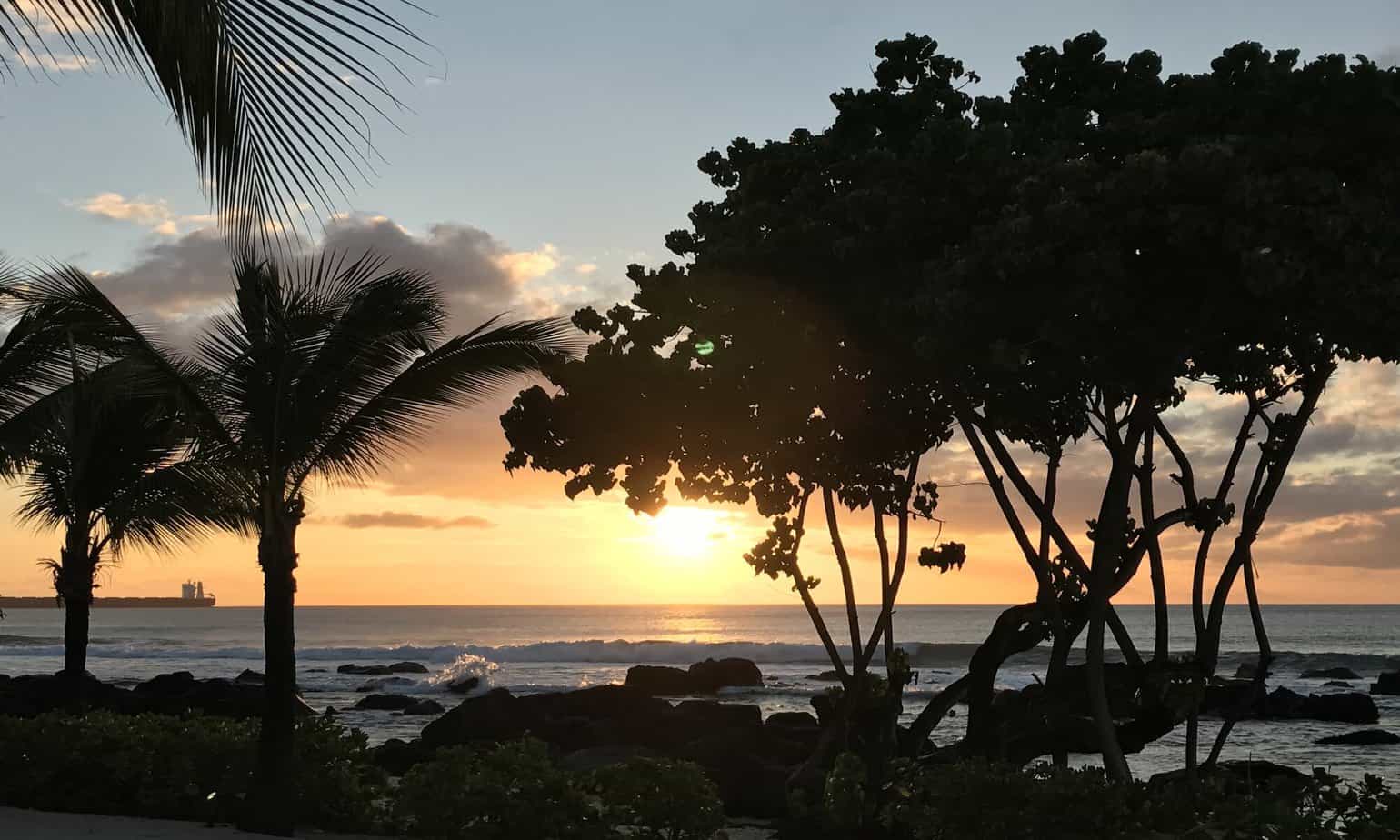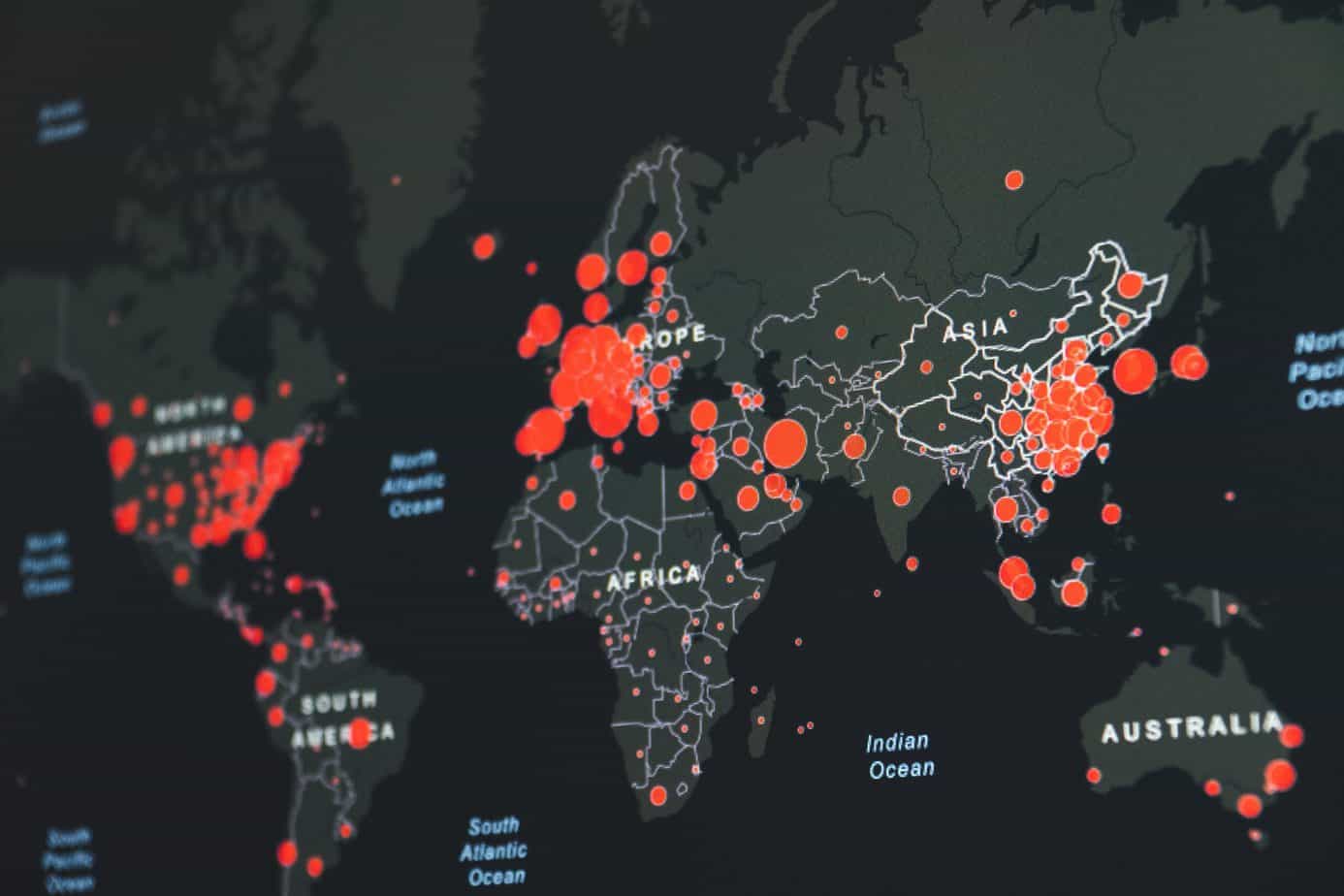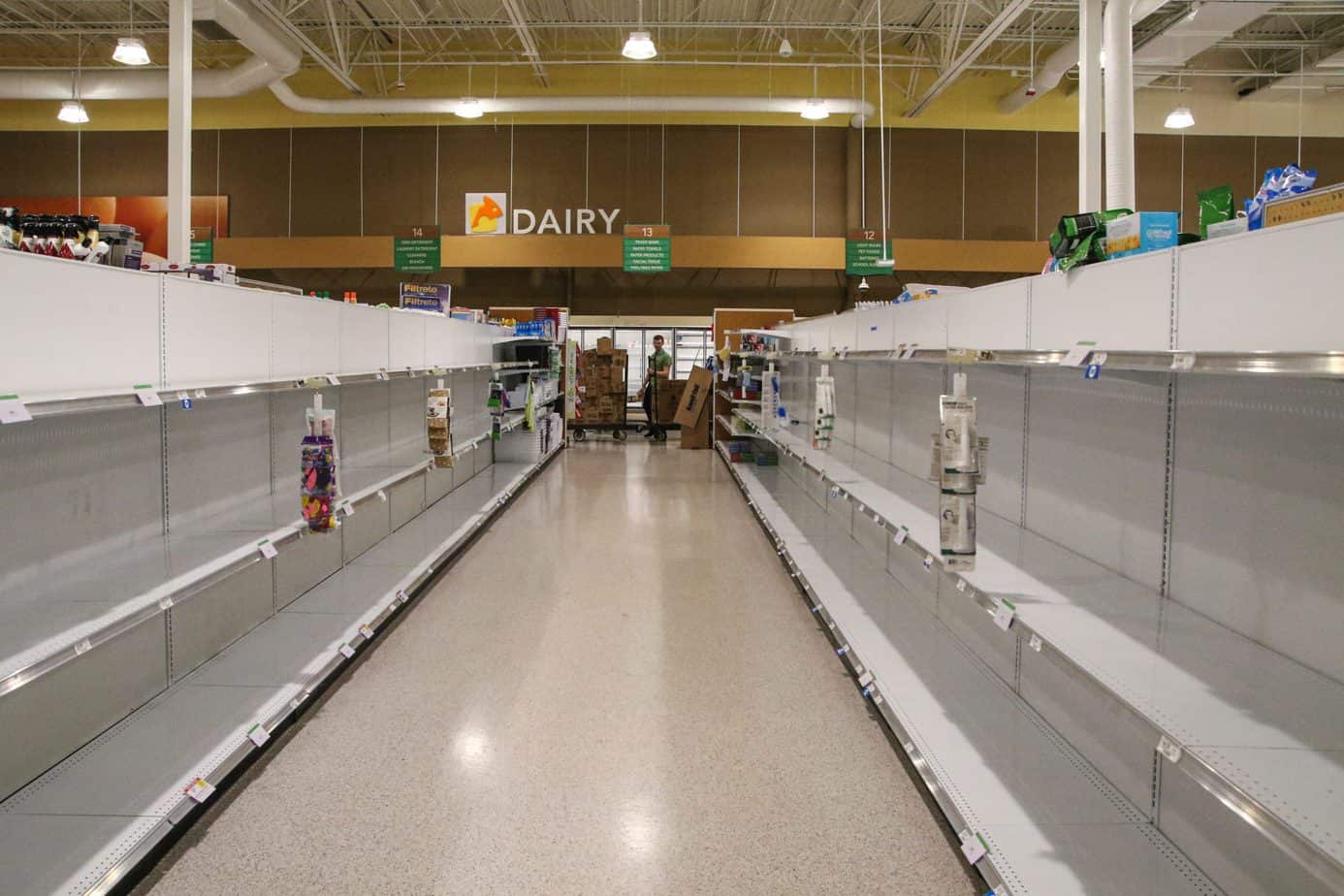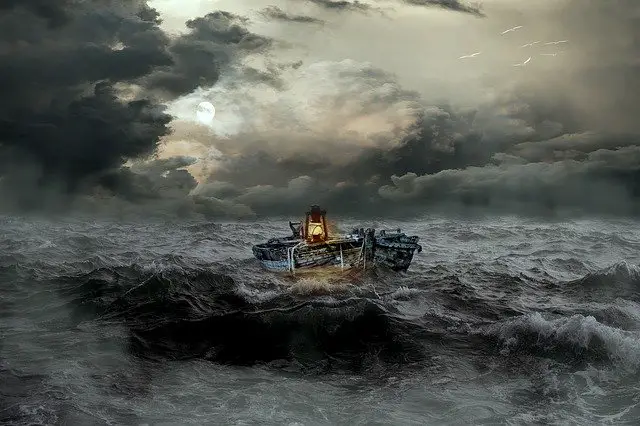
Are you ok?
As we emerge from the storm that is COVID 19, I wonder how many of us are really ok.
I have not written much here. Every time I try to write, the topics seem insignificant for the moment. And to be honest, what I need to write is this.
How I’m feeling as a health care worker who did not have the luxury of working from home during our shut down. Whom others now think of as a front line worker.
I never considered myself as a front line worker before.
A front line worker to me is someone who faces danger, who faces death and dying as part of their job. A fire fighter. Soldier. Paramedic. Police officer. Hospital emergency department staff.
My job has always been important – someone can die as a consequence if I make an error. That is drummed into us from day 1 of our university degree. But at no point in my career have I been in mortal danger. For crying out loud, I currently work in a retail environment.
Yes, I could be held up by an armed robber. There have been close calls but I was never held up personally. Oh, and I forget that I have been in several bomb scares where we had to evacuate (and sent back in to look for the bomb). We have procedures in place to deal with armed robbers, bomb threats and what to do afterwards.
We have no procedures to deal with an unknown enemy.
Crisis management
Over the years, I have become adept at managing crises at work.
Twenty years ago, my workplace burned down. Overnight.
I was a young manager.
My boss rang me at 1am with the news. By 1.30am I was standing in front of the store, watching it being engulfed in flames against the night sky. As fire fighters valiantly tried to put it out and evacuated flats above neighbouring shops. There were mini explosions as fragrance bottles exploded inside.
Literally, I learned to be a leader amidst the flames.
At 4am, we were at another boss’ home, looking up the White Pages (no Google then!) and ringing up aged care facility clients with a plan of what to do in the morning – where we would be operating and the number to ring.
At 7.30am, I was back at the burnt out site, ready to greet shocked staff as they arrived to work. Most had been informed but others saw it on the News that morning. To this day, I have not watched the TV news footage.
There was a lot to do, many decisions to make. Nothing could be salvaged. The bosses were busy dealing with insurance, fire department etc. My job was to make sure the daily operations continue in the various temporary sites, one of which was the garage at the back of another store.
None of us had been in this situation before. Those of us who had gone through this period and are still working for the same bosses remain close friends. Our experience has bonded us together in a way that those employed later will never understand. And for a long time afterwards, we thought of our work lives as before or after the fire.
And of course, since the fire, I’ve had to deal with many crises, none of which could compare to the fire experience.
Until now.
The crisis of COVID 19
This pandemic crisis is very different.
We have no rule book. The authorities are announcing policies daily. We play catch up. The whole time.
After the fire, I had a finite amount of staff and customers and suppliers to deal with. I was busy and stressed but I only had to deal with our small community. With our own uncertainty.
The pandemic is global by definition. I now have to cope with mass anxiety and fear.
Information overload
The sheer volume of information out there – from government authorities, WHO, professional bodies, news media, social media, well meaning family and friends … it is endless and relentless.
Even though we only followed official guidelines and policies in my workplace, I was constantly bombarded by anxious staff. What about this? Have you heard of this? Should we do this? Is it true that …? My cousin in Italy told me this … Other workplaces are doing this … Health workers are dying … and on and on it goes. It was never ending.
I had to be accessible to anxious staff, especially after work. We were too busy and stressed at work, in particular during the panic buying weeks to process all the information coming in at us. It was often after work, in the quiet of our own homes, sometimes fuelled by our family’s anxiety, that we could reflect on what was happening or the guidelines or policies announced.
It was overwhelming.
I could not switch off from work at home, worried that I had to respond quickly to developing situations. I wanted to support staff who were anxious and frightened. But in the end I lost it – putting my foot down on what could be posted on the work WhatsApp channel (which had only been work related but just got out of hand with all the coronavirus information).
It is much better now, after 8 weeks of shut down. Our daily ‘huddles’ focus on what we can do, the procedures in place rather than our concerns about the latest social media rumour. And as the weeks progressed, staff can see we do have everyone’s best interests at heart, that we have put in place procedures and physical barriers that keep us and our customers safe.
Panic buying
We watched with bemusement and disbelief as toilet paper, pasta and flour were subjected to panic buying.
Then it hit us. The panic buying of prescription and over the counter medications. We were on the back foot constantly. Customers came in asking to buy children’s paracetamol formulations, insulin because they heard on talk back radio that there would be a shortage. No one believed us when we said we had enough stock.
Just a few days later, suppliers could not keep up with the increase in orders. We had no idea if they had stock or not as they could not keep up with updating live counts on their website portals. We were ordering the same thing from multiple suppliers with the hope that we’ll get it eventually.
There was one weekend in March where there was not a single Salbutamol inhaler (for the relief of acute asthma) in the vicinity of three suburbs around us. People were upset with us for rationing supply.
I wrote about it in my last update.
No sooner did the Government intervene and impose much needed restrictions than another new crisis began.
Flu shots became the new toilet paper
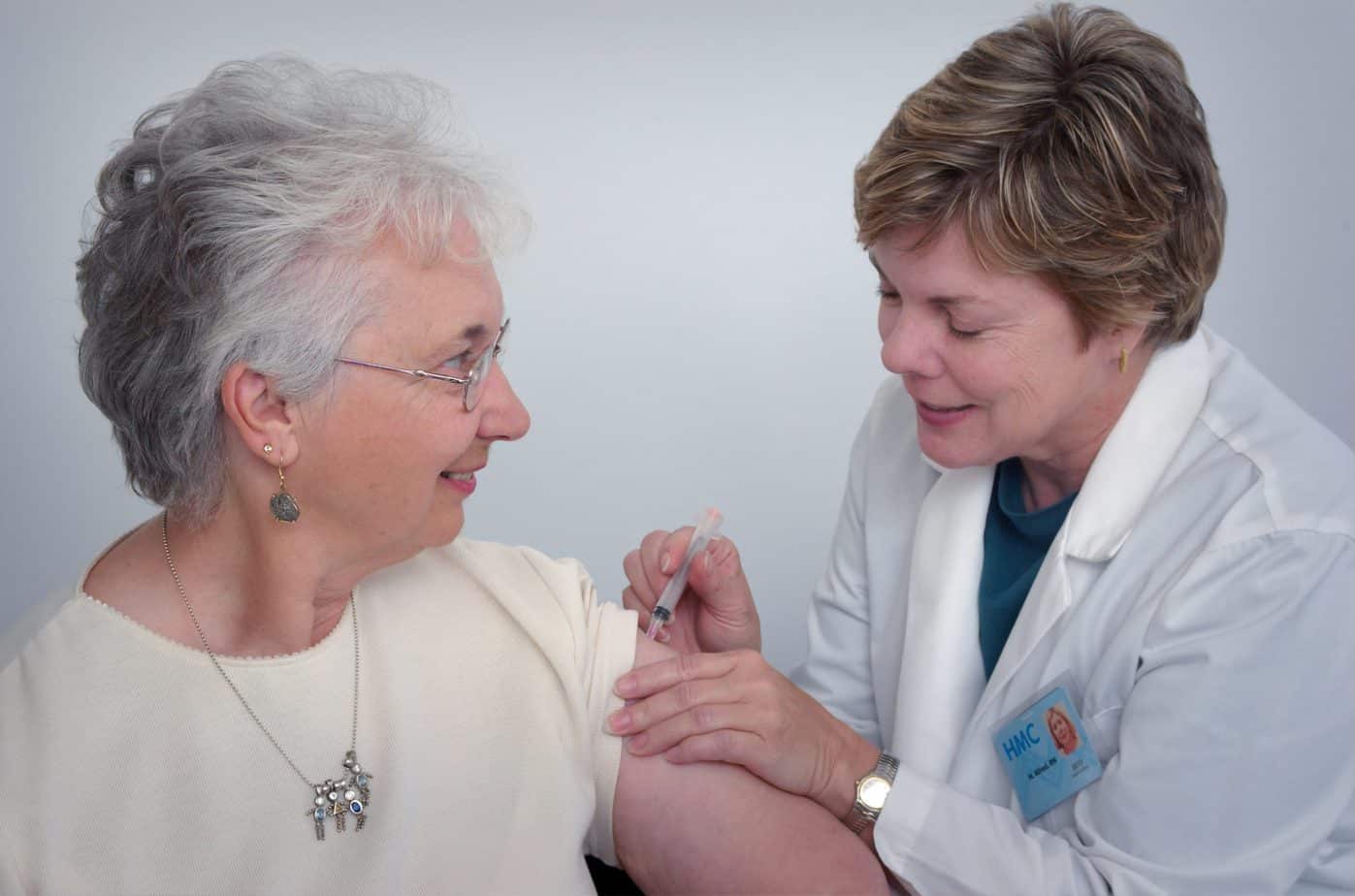
We are entering into the flu season, coming into winter in Australia. Any other year, we would start immunising in mid April. This year, the word was out that we should all get a flu shot so that the health system did not have to cope with COVID 19 PLUS a bad flu season. Good advice.
But no one takes in the fact that flu vaccines are ordered the previous October with deliveries split into the following March, April and May. We were lucky that I had specified delivery for March and April. And able to secure more stock just when the crisis hit.
Our phones rang off the hook, with everyone trying to book an appointment for the flu shot. Our first lot of 300 vaccines were allocated in a day. For a bit of context, we dispensed 300 vaccines in all of 2019. So far in 2020, we have done 3x that, and it’s not over yet.
People were angry they had to be placed on a waiting list. Then they were angry that the next appointment was weeks away, even though it was well before winter. They were angry and anxious because they could not get a flu shot at any of the medical clinics or pharmacies nearby- all were waiting for more stock to be delivered before taking any more bookings. Deliveries were delayed as warehouse staff were reduced to comply with physical distancing rules.
To make matters worse, workplaces that usually organise annual flu clinics at work cancel this year’s clinic as workplaces are closed. Their employees are asked to get their flu shot in the community. So there was an extra cohort of people looking to be immunised in the community.
Once again, we bore the brunt of the public’s ire.
In my workplace, there are five of us trained as immunisers – able to give the flu shot. When the demand escalated, our professional body had yet to issue guidelines on any changes, if any, we had to make on how we delivered the service in view of the coronavirus.
We debated among ourselves on whether to wear PPE (Personal Protective Equipment) – we decided yes we should wear a N95 mask. But we didn’t have enough masks for 4 of us on a daily basis. So we decide that there should be one immuniser per day who would use one mask the whole day.
Then one of us fell sick with a very bad cold who then tested negative to COVID 19 but was off sick for a good two weeks. The others had family and elderly parents who depended on them and felt uncomfortable giving the flu shot at this time. So in the end, I am the main immuniser as I am single with no dependants.
The mental toll
All of this – the lurching from crisis to crisis, the ever readiness to respond to new policies, enacting of new procedures, dealing with the public’s angst, dealing with everyone’s fear and anxiety and now being the main immuniser ……. exerts a toll on me mentally.
Even though I don’t articulate it at work, there is the underlying anxiety buried just beneath the surface, that I may get COVID 19 from the close proximity when giving flu shots. Yes I wear a mask and use hand sanitiser. And yes, technically it is not considered close contact as I spend a maximum of 2 minutes with them in the room (close contact is defined as 15 minutes here) but … sometimes, the little voice says ‘what if?’
The anxiety isn’t just for me. I am so worried that I may pass it unwittingly to others, the hundreds that I have come into contact with, even though that contact is less than 2 minutes.
Before the shut down, I was worried about passing the virus to my elderly parents even though I may be asymptomatic. I had decided not to visit them on the weekends until the situation improved. Coincidentally , the Premier announced that very last weekend that the state was going into shut down. So my decision was not so unilateral after all.
I look at the epidemiological data from the Health Department every day with trepidation – to see if there are any new cases in our local council.
The fact is that I work in the local council with the second highest cluster of cases. And that a neighbouring workplace closed due to staff and owner contracting COVID 19 – we had to look after some of their customers. So it is real and happening in our local area.
I am not an anxious person usually.
But I have learned that no one is immune to anxiety in these uncertain times, including me.
And I learned that anxiety is contagious, to a certain extent. That when I am not anxious but see that others around me are, my anxiety levels rise. I question myself – am I missing something, why am I not anxious but others are? Am I too complacent? And on and on it goes. In an endless loop.
All this second guessing is not helpful.
When one anxiety is dealt with, another new one takes its place.
For example, as the weeks go by, I learn from our professional body that there have been cases even when people given the flu shot later test positive to COVID 19, the contact tracers were not concerned with the immuniser and the immuniser did not need to self isolate. My anxiety here is somewhat eased. And now, some of my colleagues are offering to help (perhaps seeing that I’m still alive!) so I don’t have to bear the burden on my own.
Some restrictions have been lifted as of yesterday. We can now visit family and friends, up to 5 additional persons per household. So our collective fear in the workplace now is the second wave of infections, the much feared second surge.
Australia has done really well but in Victoria where I live, active cases are still increasing daily. Though most of them more or less can be traced to a certain meat plant as the source.
The virus is still there. Anxieties around enforcing the 1.5m physical distancing rules rise again as there are more people out and about, as some are more noticeably relaxed. Staff are tense again and another team member is on leave, unable to cope at the moment.
So far, as the shut down began 8 weeks ago, several team members have taken time off to deal with their anxiety, with three taking time off indefinitely.
Our mental health is the first casualty.
How did I deal with it?
Not very well, to be honest.
I am so mentally exhausted at the end of the day, even though I have to leave work at 5pm strictly, now that our teams have been split into two, with no overlap between the two teams. And no physical contact between the two teams. The morning team exits at 5pm and the evening team starts at 5pm.
I do what I have to at work, to calm fears and anxieties of others.
But when I am home, I shut down.
There were weeks when I sat in my pyjamas after work, on my couch, eating potato chips and staring into space for a good hour. Before I could turn on the evening news or heat up dinner or even play Candy Crush on my iPad.
For weeks, I could not read blogs or look atTwitter – I didn’t want to read anything to do with COVID 19. Articles about what to do with so much free time at home did not resonate with me at all.
As mentioned earlier, I don’t articulate my fears well at work besides exhorting everyone to follow procedures to keep us safe. I also can’t talk to my family as I don’t want them to be more concerned about my safety than they already are.
And so I shut down. I hibernated. I did not want to engage with anyone.
And I slept. And slept.
I escaped. By reading (though to be honest, I would fall sleep often in between). Coincidentally, a lot of my books that I had placed a hold on in my library app became available at this time. So I had the means to escape into a fictional world.
I could not write. Not in my journal, not on this blog. I didn’t want to process my thoughts or feelings. Instead, I immersed myself in reading other’s stories.
I also do not have the energy to exercise. My personal training session went to Zoom. I am quite short sighted and so have great difficulty looking at my phone screen to figure out what my trainer wants me to do, then put the phone down and do whatever it is I need to do. It is too hard. I don’t have the mental energy to figure it out.
My main priority is surviving the day, to make it to the next day.
I never imagined that going to work would be an act of courage.
And that the survival of each week was an event we cheered and clapped with glee.
Saved by bread
Literally.
My friend gave me her sourdough starter in late March. She had wanted to give me her starter more than a year ago but we both decided that I should concentrate on keeping my worms alive before I had to look after another living thing.
I had no idea that baking sourdough was a thing in these times. That’s how out of it I was. My first thought was – now? now you decide to give me the starter? I am barely surviving. Now I have to look after a starter too?
But what a gift it was! I am so grateful that out of the blue, she gave me the starter. Because it forced me to focus on something else, to learn what to do to keep the starter alive – I had to feed it daily with flour and water. (And I had to look for flour!)
Then I learned to bake bread with it. It was like learning a whole new language. With complicated steps. It was so hard at first, to read the directions and figure out what to do. I could neither concentrate nor focus. I had to read sentences over and over again to make any sense of it.
Soon, I baked my first loaf. I was forced to get off the couch – to set the timer every half hour to stretch and fold the dough. And lo and behold, it worked!
I was so proud of myself that since then, I have baked bread every weekend – and tried different variations – walnut, olive, fruit. And from the same starter, I’ve made hot cross buns for Easter, pizza and pancakes.
It showed me that there was still some life within me. That I am still capable of learning a new skill, a new process. It gave me hope. (and a thicker waistline – but hey, hope has a price?)
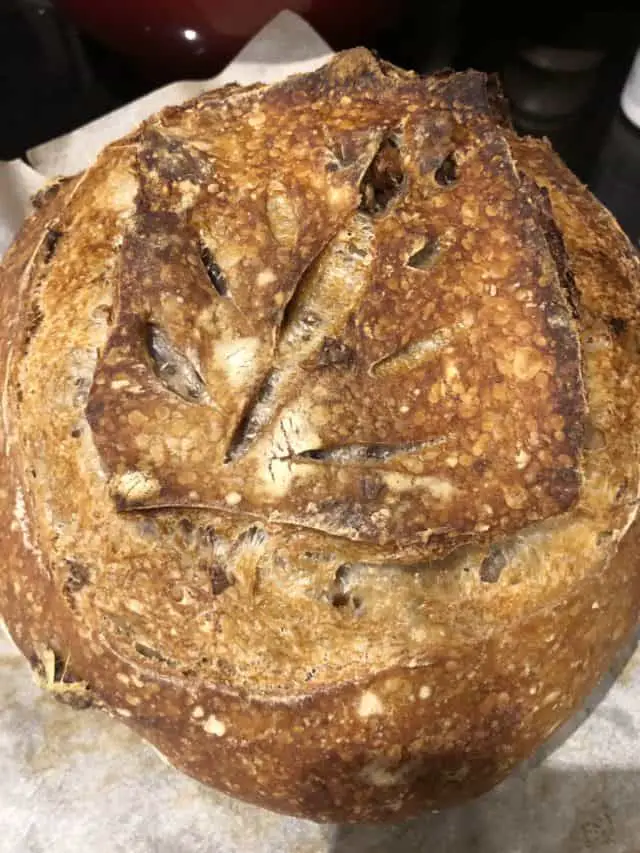
I am grateful
As I slowly emerge from the storm of COVID 19, I am immensely grateful.
Grateful that my family, here and overseas are safe and healthy. That none of my team have tested positive to COVID 19 so far.
I am grateful for friends, in real life and the online personal finance community who have reached out to me, encouraged and supported me.
Grateful that I still have a job and therefore a dependable income. That of all the anxieties I have to deal with, finance is not one of them.
I am thankful that my emergency fund is fully funded; that I have paid off my mortgage. That my retirement may be delayed, but not derailed.
Grateful to live another day.
Final thoughts
I sincerely hope all of you are ok. If you are not, please seek help. And speak out.
As for me, I will be fine.
I remind myself to control what I can control, as I acknowledge my anxieties and let them go.
And bake another loaf of sourdough.
How are you coping with your anxieties around COVID 19? Please share them here so that we may learn from each other
